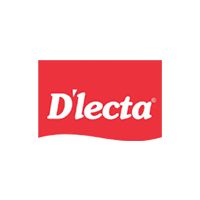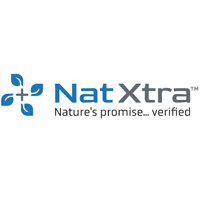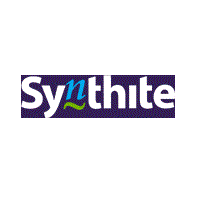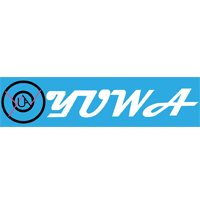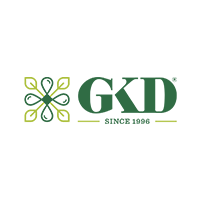Hospitality is traditionally very human intensive business where customers’ experience remains the key differentiator. Even 15 years back it was difficult to imagine that many operations in the sector will be digitized; from housekeeping to front desk. Globally record number of people is traveling now – for pleasure as well as business – compared to any other time in human history. And along with that, competitions, fraudulent practices and resultant monetary losses are also skyrocketing. Process digitization within the legacy structure is not serving the purpose.
For an example, with Expedia, AirBnB and similar services booking a holiday or a business trip is cakewalk now; with never before speed and options. However, nearly 25% of the transaction value spent through digital platform is being spent on booking platforms, financial transaction fees and other centralized platform that keep the whole business moving. Out of these banks get paid for processing payments; similarly booking platforms for listing, reviewing, presenting and verifying transactions. We are not even considering VAT and commissions paid by hotel owners, fleet owners. What would happen if these revenue bleeding is made redundant? Considering 2015 data, that will be a saving of not less than $125 billion annually. And yes; newly emerging block chain technology has already started in that direction.
Block chain – technology that solves legacy problem
It’s a distributed data structure, where transactions are recorded in digitally maintained ledgers and stored across a network of nodes. Nodes are nothing but computers and servers in a peer-to-peer network. There exists no central server; no centralized assurance and reassurance security protocol. Every node has equal rights and access in the data structure and every transaction is vetted and linked backed by every peer node. That makes data super secure with extremely reliable accountability. The technology allows even creating tools like, smart contracts that can self-execute as per underlying conditions bypassing time and resourcing consuming legal process of conflict resolution. So, we get a completely secure and automated data network that minimizes lot of troubles those are otherwise time and resource-intensive in nature. Cost is minimized and business efficiency is maximized through seam-less digitization.
Salient features that make block chains perfect for complete digital transformation:
- First of all, its 100% uptime;
- Second, it’s completely hack-free with all available technology
- Third, it enables trust and accountability
- Fourth, allows disintermediation
- Fifth, inherently decentralized model
Changing dynamics in hospitality industry
Already, some organization has started implementing blockchain-enabled applications. IBM is working on a public block chain enabled network for hotel distribution and another separate solution for revenue management purpose. TUI Group, being a prominent name in travel business, is managing internal process and distribution through a private block chain network. These systems will be capable of direct marketing to guests too. One organization is working on a block chain platform that will cut the need for travel agencies. Once implemented, no one is going to pay any commission on transaction value, except a small fee for smart contracts.
Literally, block chain technology is bringing in a tectonic shift in hospitality business; making complete digital transformation a reality.






